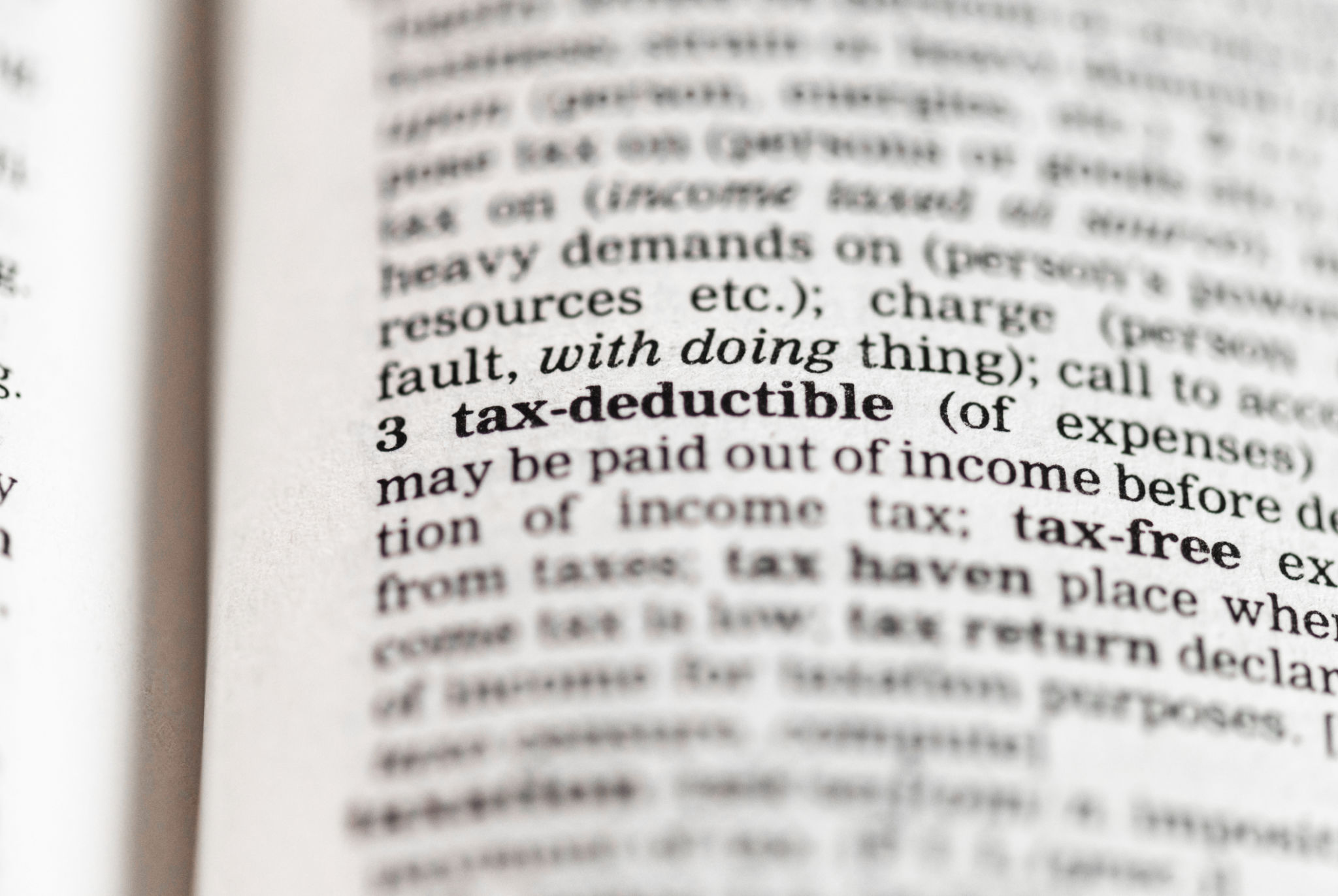Maximizing Your Refund: Expert Tips for Income Tax Filing
Understanding Your Deductions and Credits
When it comes to income tax filing, one of the most effective strategies to maximize your refund is to fully understand the deductions and credits available to you. Deductions reduce your taxable income, while credits provide a dollar-for-dollar reduction in your tax bill. Common deductions include student loan interest, mortgage interest, and medical expenses. Explore all possible deductions to ensure you're not leaving money on the table.

Leverage Tax Credits
Tax credits can significantly impact your tax return. Credits like the Earned Income Tax Credit (EITC) and the Child Tax Credit are particularly beneficial. The EITC is targeted at low to moderate-income earners and can provide substantial relief. Be sure to review eligibility criteria carefully, as these credits can boost your refund considerably.
Organize Your Financial Documents
Proper organization of financial documents is crucial for an accurate tax filing process. Keep a well-maintained record of all income sources, such as W-2s, 1099s, and any other relevant forms. Additionally, documentation for deductions, like charitable contributions and education expenses, should be readily available. This organization will help streamline the filing process and prevent any delays.

Consider Professional Help
If tax filing feels overwhelming, consider hiring a professional tax preparer. These experts can help you navigate complex tax laws and identify opportunities for maximizing your refund. While there is a cost involved, the potential increase in your refund often outweighs the expense. Additionally, a professional can offer peace of mind by ensuring your tax return is accurate and compliant.
Plan for Retirement Contributions
Contributing to retirement accounts such as an IRA or 401(k) not only helps secure your financial future but can also provide immediate tax benefits. Contributions to these accounts are often tax-deductible, which reduces your taxable income. Furthermore, certain contributions may be eligible for the Saver's Credit, offering additional savings.

Stay Informed on Tax Law Changes
Tax laws are subject to frequent changes, and staying informed is essential for optimizing your refund. Changes can affect deductions, credits, and overall tax liabilities. Resources such as the IRS website or financial news outlets can provide valuable updates. By staying informed, you can adjust your filing strategy accordingly and make the most of available opportunities.
Check for Errors Before Submission
Before you submit your tax return, double-check all information for accuracy. Common errors include incorrect Social Security numbers, mismatched names, or simple math mistakes. These errors can delay processing and potentially reduce your refund. Utilize tax software with built-in error detection or have a second pair of eyes review your return.

File Early to Avoid Stress
Filing your taxes early has several benefits beyond just peace of mind. Early filers often receive their refunds faster and avoid the last-minute rush that can lead to mistakes. Additionally, filing early can protect against identity theft by preventing fraudulent returns from being filed in your name.
By following these expert tips on maximizing your refund through effective income tax filing strategies, you can ensure that you receive every dollar you're entitled to. From understanding deductions and credits to staying organized and informed, these steps will help you navigate the process with confidence.
